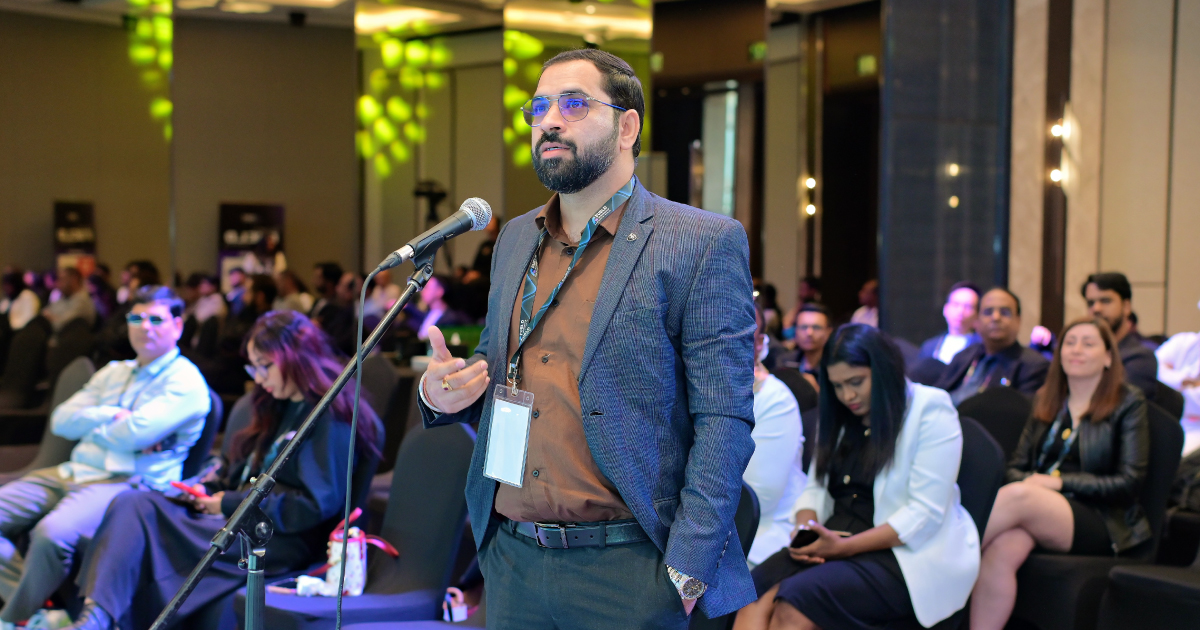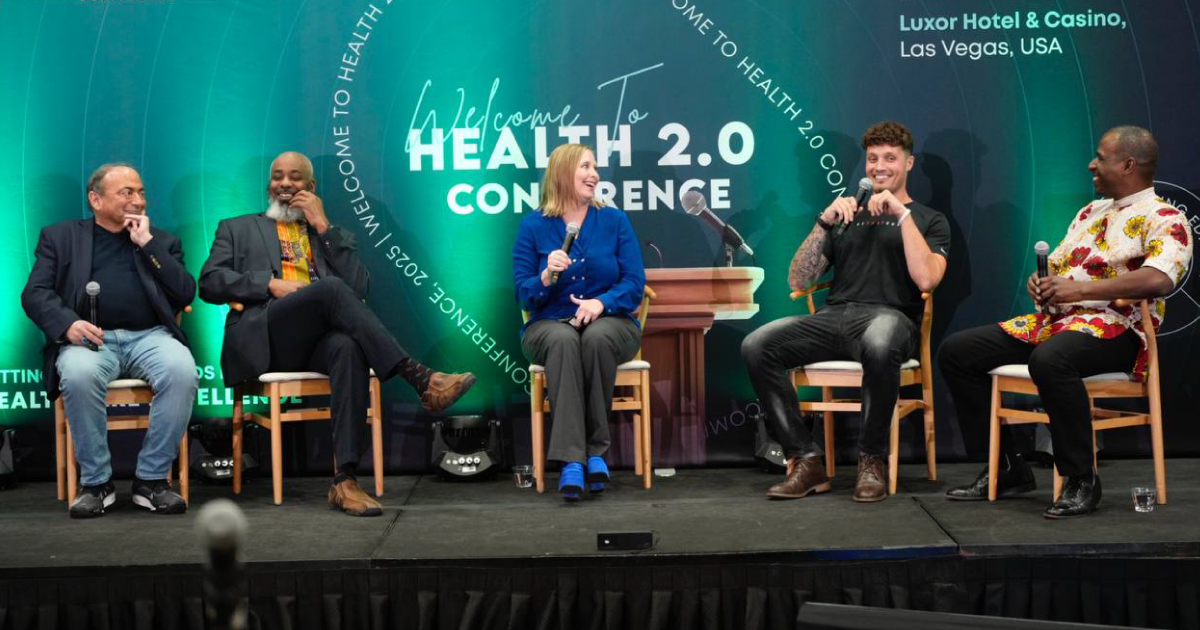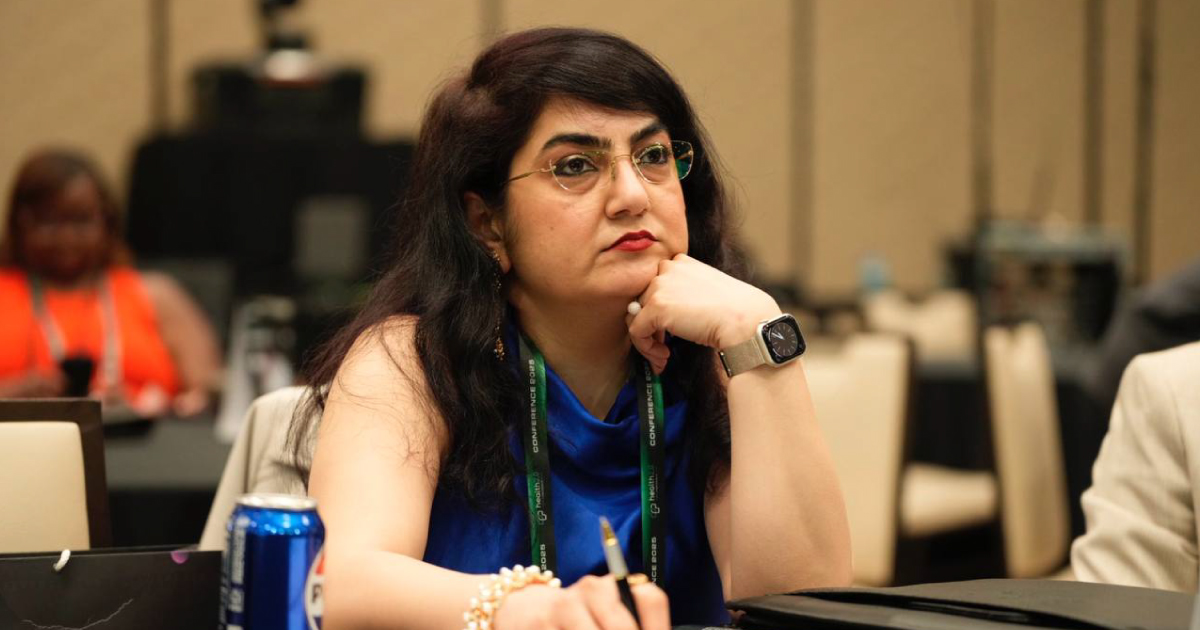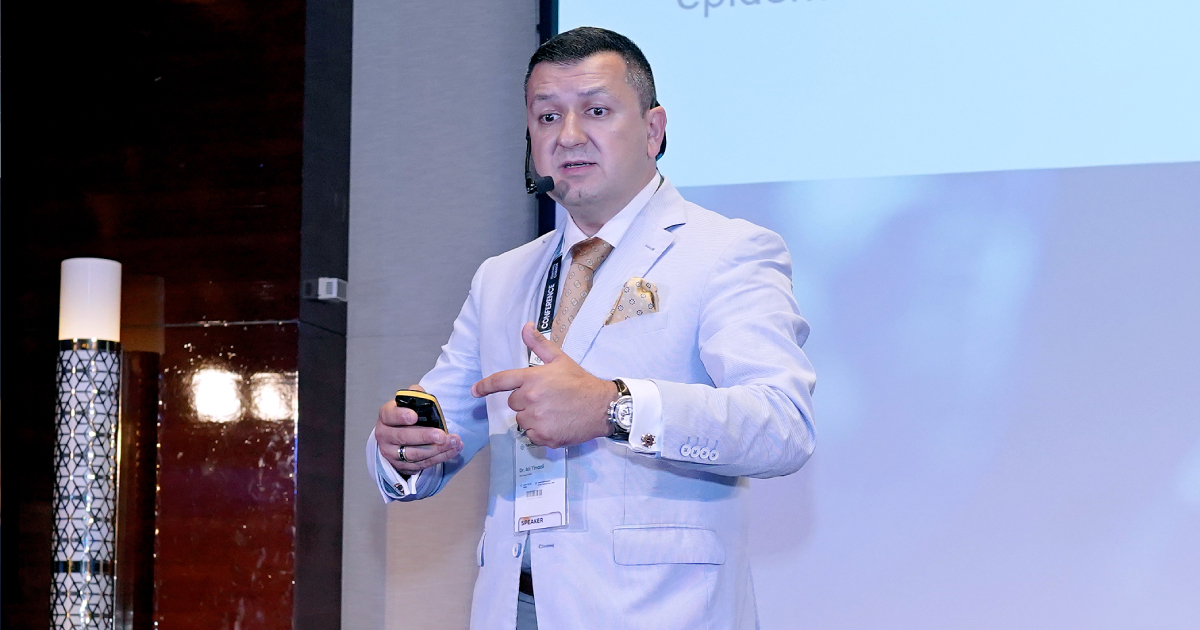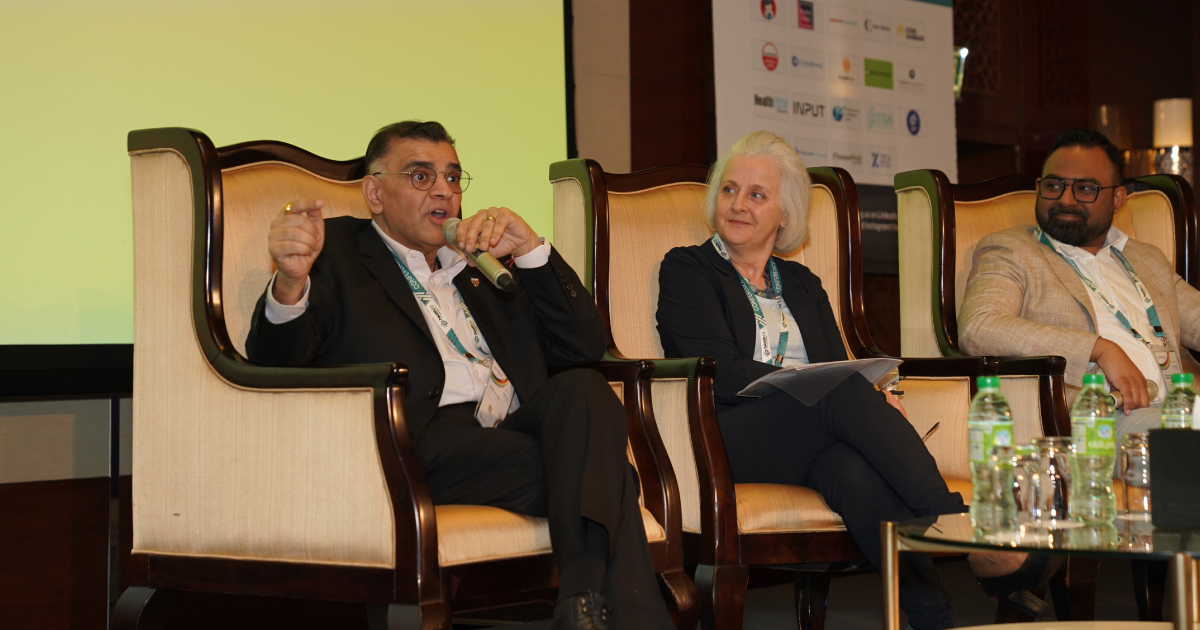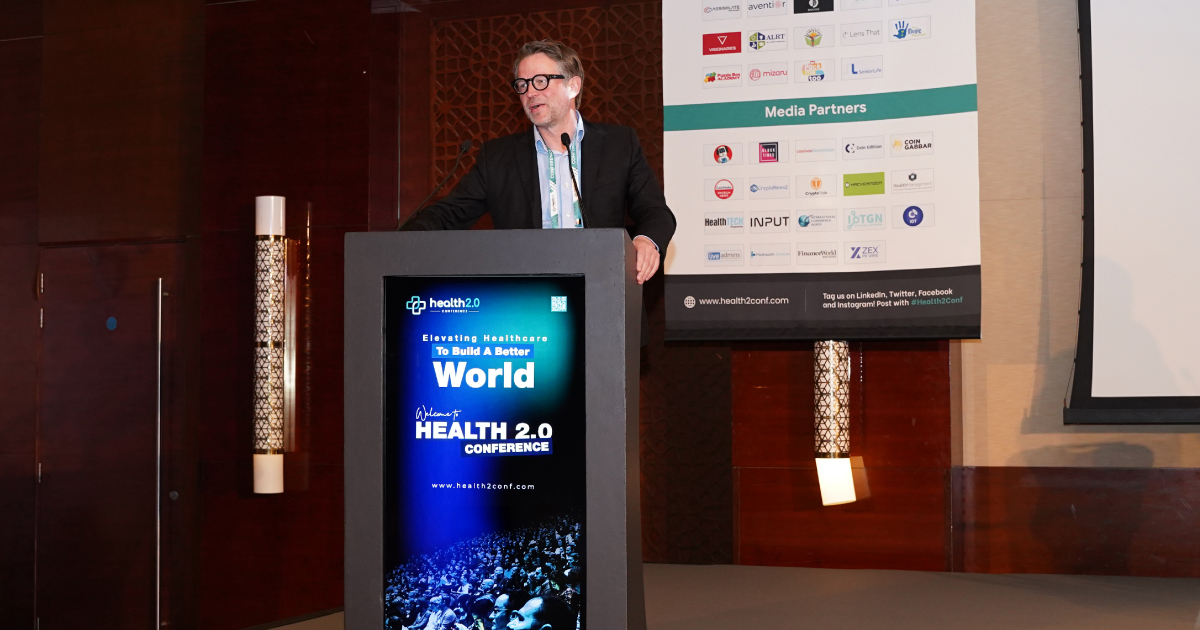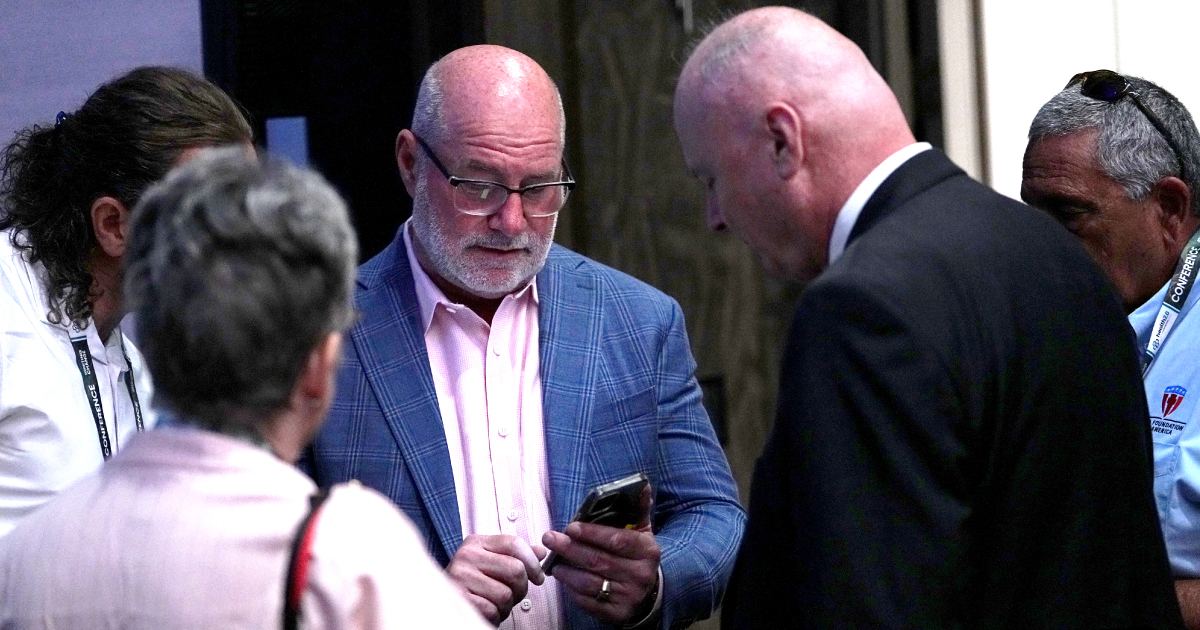Posted on : July 25, 2024
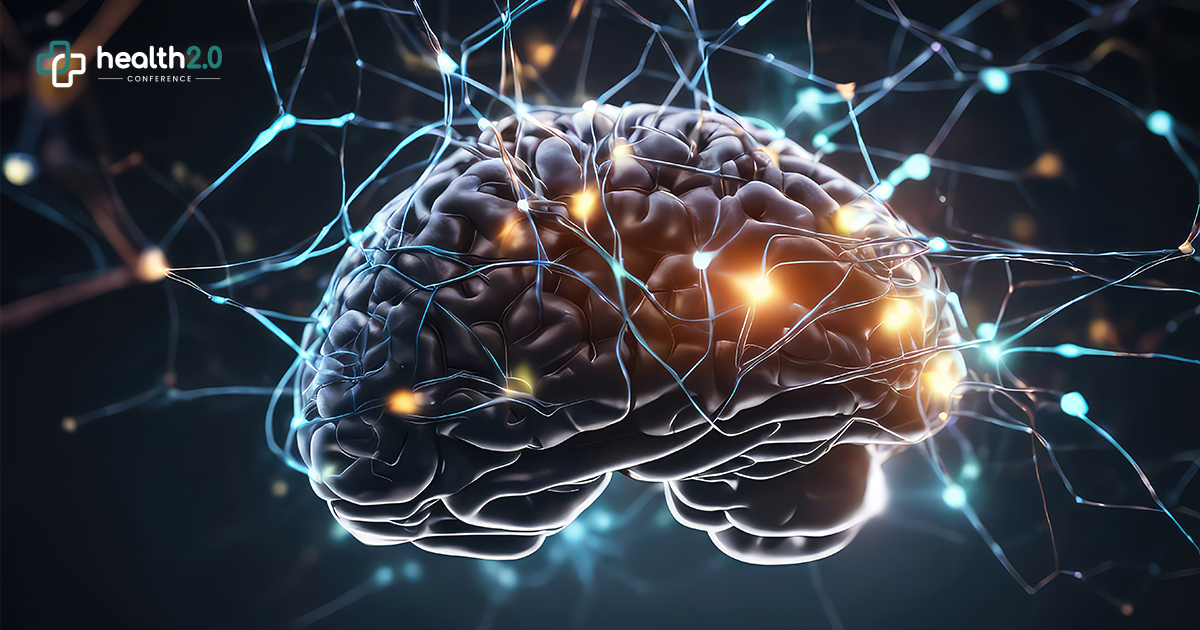
Alzheimer's disease, a formidable neurological condition, impacts millions globally, drastically altering the lives of those it touches. Despite the challenges it presents, the relentless pace of research brings hope, offering new insights and innovative approaches that could dramatically change the course of Alzheimer’s care.
In this blog, we'll explore these exciting developments, from groundbreaking research findings to the latest treatment strategies and their broader implications, including discussions from 2024 health events such as the Health 2.0 Conference.
We'll see how today's research is building a foundation for a future where Alzheimer’s may no longer be an inevitable decline but a condition with robust management strategies.
Understanding Alzheimer’s Disease
Alzheimer's disease is a complex neurological disorder that primarily affects memory and cognitive function. As neurons deteriorate, individuals undergo a gradual decline in memory and the capacity to perform daily tasks. Let’s look at how these challenges are now being met with promising new research directions.
Recent Breakthroughs In Research
In recent years, significant progress has been made in understanding the genetic and biological underpinnings of Alzheimer's. Researchers have identified specific genetic markers that increase the risk of developing the disease, potentially paving the way for earlier and more accurate diagnoses. Additionally, advancements in biomarker technology have begun to allow for better tracking of the disease’s progression through non-invasive tests. These discoveries are crucial as they contribute to a more refined approach to tackling Alzheimer’s at its roots. Attending healthcare events like the 2024 edition of the Health 2.0 Conference in Dubai can shed more light on the subject.
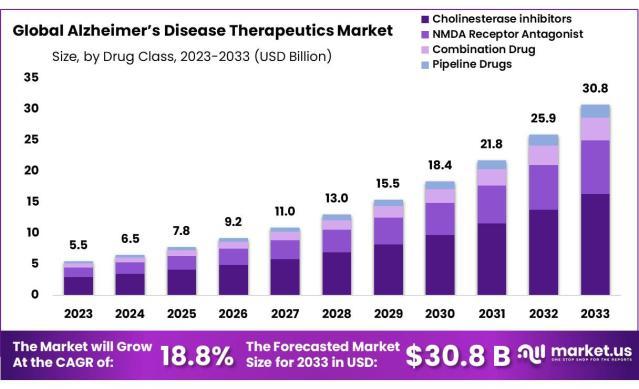
Source: yahoo finance
Emerging Treatment Strategies
While traditional treatments have focused on managing symptoms, new drug trials and therapies are aiming at the disease's progression. Innovative drugs currently in clinical trials are promising to slow cognitive function deterioration. For example, recent trials have focused on drugs that target amyloid plaques in the brain, thought to be a key contributor to Alzheimer’s pathology. Alongside pharmacological advancements, there is a growing emphasis on holistic approaches, including dietary adjustments and cognitive therapies, which have shown potential in improving quality of life.
Preventative Measures And Early Detection
Early detection of Alzheimer's can significantly alter the disease's trajectory. Research has shown that lifestyle factors such as a balanced diet, regular exercise, and cognitive training can help delay the onset of symptoms. Technologies like wearable devices and mobile apps are now being developed to monitor changes in cognitive functions, potentially alerting users and doctors to early signs of Alzheimer’s. This proactive approach not only empowers individuals but also opens new avenues for preventing or delaying the onset of the disease.
The Role Of Technology And Big Data
The role of technology in revolutionizing Alzheimer’s research cannot be overstated. Artificial intelligence and machine learning are analyzing large amounts of data to predict trends and outcomes, providing researchers with unprecedented insights into the disease. These technological tools are not only enhancing research but also improving the ways in which care is delivered, ensuring that interventions are timely and precisely tailored to individual needs.
Future Directions In Alzheimer’s Research
The future of Alzheimer's research looks promising, with several potential breakthroughs on the horizon as hinted by experts at several global health events. From gene therapy to stem cell research, scientists are exploring a variety of approaches that could one day lead to a cure. The global collaboration among scientists and institutions has accelerated the pace of discovery and increased the sharing of critical findings and techniques, which are essential for tackling such a complex disease.
How To Support Alzheimer's Research

Everyone has a role to play in the fight against Alzheimer’s. By participating in clinical trials, advocating for more research funding, or simply spreading and gaining awareness by attending health events, individuals can contribute to the collective effort. Support groups and research foundations are always in need of volunteers and donors to help continue their important work. Engaging with these resources not only supports ongoing research but also connects communities to a larger mission.
Conclusion
The advancements in Alzheimer's research offer a fresh perspective and new hope for millions of people affected by the disease. As we continue to push the boundaries of what is possible in medical science, the involvement and support of the wider community, such as healthcare conferences like the 2024 Health 2.0 Conference in Dubai, remain crucial.
Together, we can look forward to a future where Alzheimer's no longer means uncertainty and loss but a challenge that can be met with effective solutions. Each discovery and each new piece of knowledge adds a building block to the ultimate goal of eradicating Alzheimer’s disease. Join the fight, spread the word, and keep the hope alive! To become a part of the Health 2.0 Conference, register here https://www.health2conf.com/buy-pass.
FAQs
- What are the most promising new treatments for Alzheimer’s disease discussed recently?
Recent discussions have highlighted innovative drugs in clinical trials aimed at targeting amyloid plaques in the brain, which are thought to contribute significantly to Alzheimer's pathology. Additionally, holistic approaches such as dietary adjustments and cognitive therapies are showing potential in managing symptoms and improving quality of life.
- How can attending the Health 2.0 Conference benefit those interested in Alzheimer’s research?
The Health 2.0 Conference will offer attendees insights into the latest research findings and emerging treatment strategies for Alzheimer's disease. Experts will share their knowledge on new diagnostic tools and preventative measures, providing a deeper understanding of how to manage or potentially slow the disease's progression.
- What role does technology play in the advancement of Alzheimer’s research?
Technology, particularly artificial intelligence and machine learning, plays a crucial role in Alzheimer's research by analyzing large data sets to predict disease trends and outcomes. These technologies help in developing more effective treatments and enhancing the precision of care delivered to individuals.
- How can one contribute to Alzheimer's research and what are the ways to get involved?
Individuals can support Alzheimer's research by participating in clinical trials, advocating for more research funding, or attending and promoting health events like the Health 2.0 Conference. Volunteering with support groups and donating to research foundations are also valuable ways to contribute to ongoing efforts.
- How do international health events like the Health 2.0 Conference aid in the global fight against Alzheimer's?
Such events facilitate the sharing of knowledge and experiences among global experts, enhancing international collaboration. They also help in disseminating the latest research and clinical practices to a broader audience, which is crucial for accelerating progress in the fight against Alzheimer’s disease.


